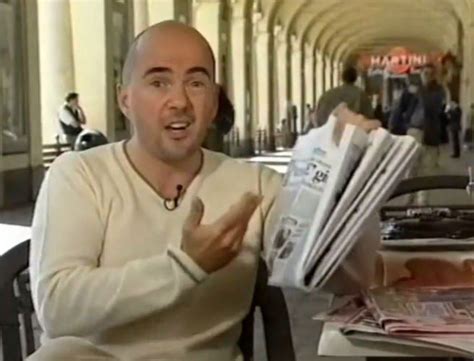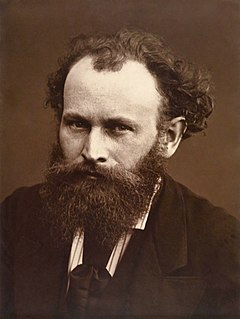A Quote by Peter Drucker
Knowledge is the source of Wealth. Applied to tasks we already know, it becomes Productivity. Applied to tasks that are new, it becomes Innovation.
Quote Topics
Related Quotes
People are happiest when they're the most productive. People enjoy tasks, especially creative tasks, when the tasks are in the optimal-challenge zone: not too hard and not too easy. To some extent, that has always been true. But it becomes even more true as work becomes more about brains and creativity.
When we accept Christ we enter into three new relationships: (1) We enter into a new relationship with God. The judge becomes the father; the distant becomes the near; strangeness becomes intimacy and fear becomes love. (2) We enter into a new relationship with our fellow men. Hatred becomes love; selfishness becomes service; and bitterness becomes forgiveness. (3) We enter into a new relationship with ourselves. Weakness becomes strength; frustration becomes achievement; and tension becomes peace.
There are two synergistic approaches for increasing productivity that are inversions of each other:
1. Limit tasks to the important to shorten work time (80/20).
2. Shorten work time to limit tasks to the important (Parkinson's Law).
The best solution is to use both together: Identify the few critical tasks that contribute most to income and schedule them with very short and clear deadlines.
The heart becomes sick, as the body becomes sick, and its remedy is al-Tawbah (repentance) and protection [from transgression]. It becomes rusty as a mirror becomes rusty, and its clarity is obtained by remembrance. It becomes naked as the body becomes naked, and its beautification is al-Taqwa. It becomes hungry and thirsty as the body becomes hungry, and its food and drink are knowledge, love, dependence, repentance and servitude.



































